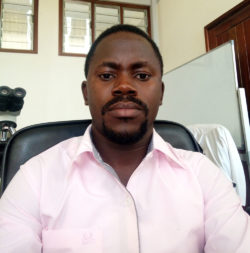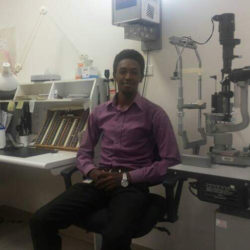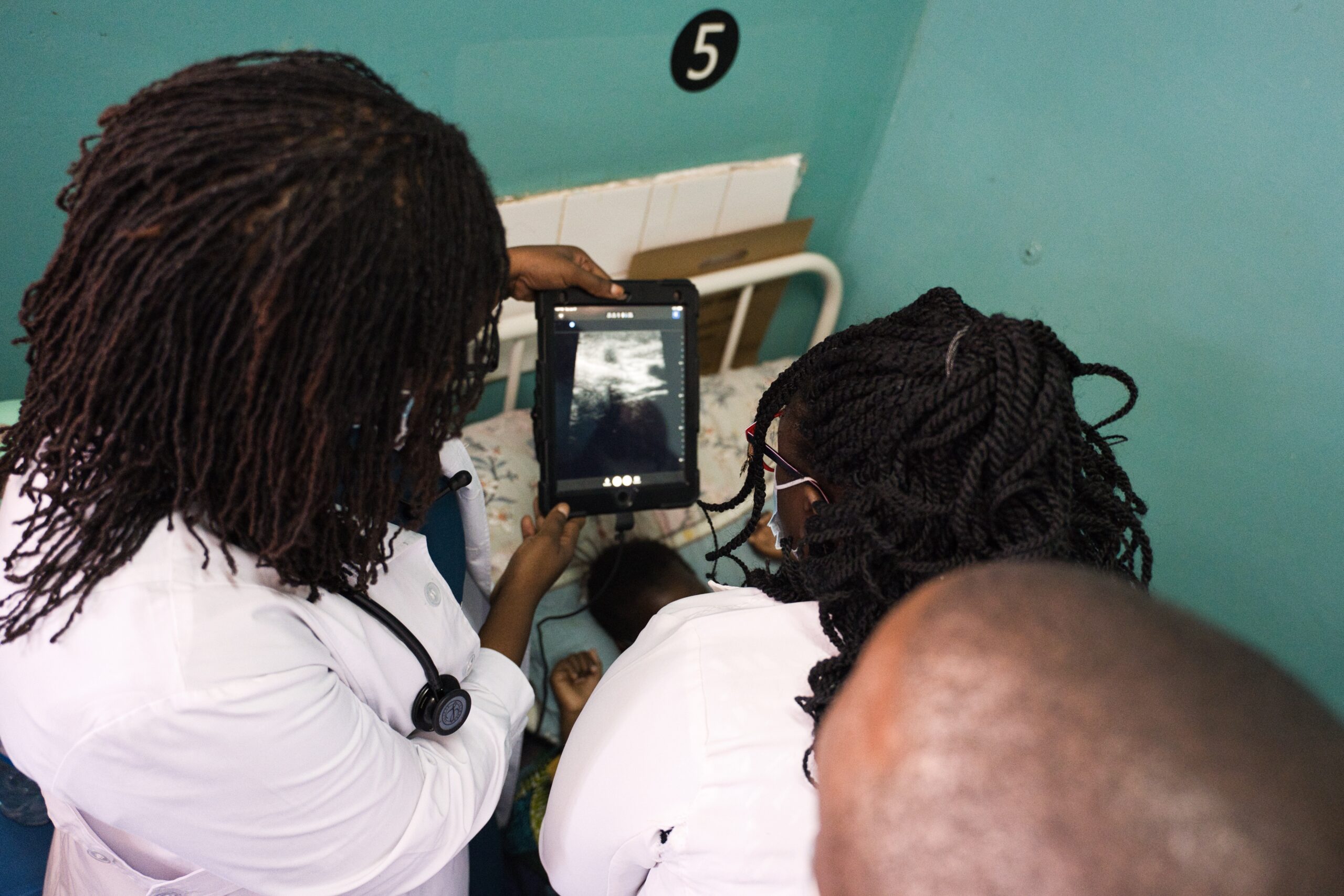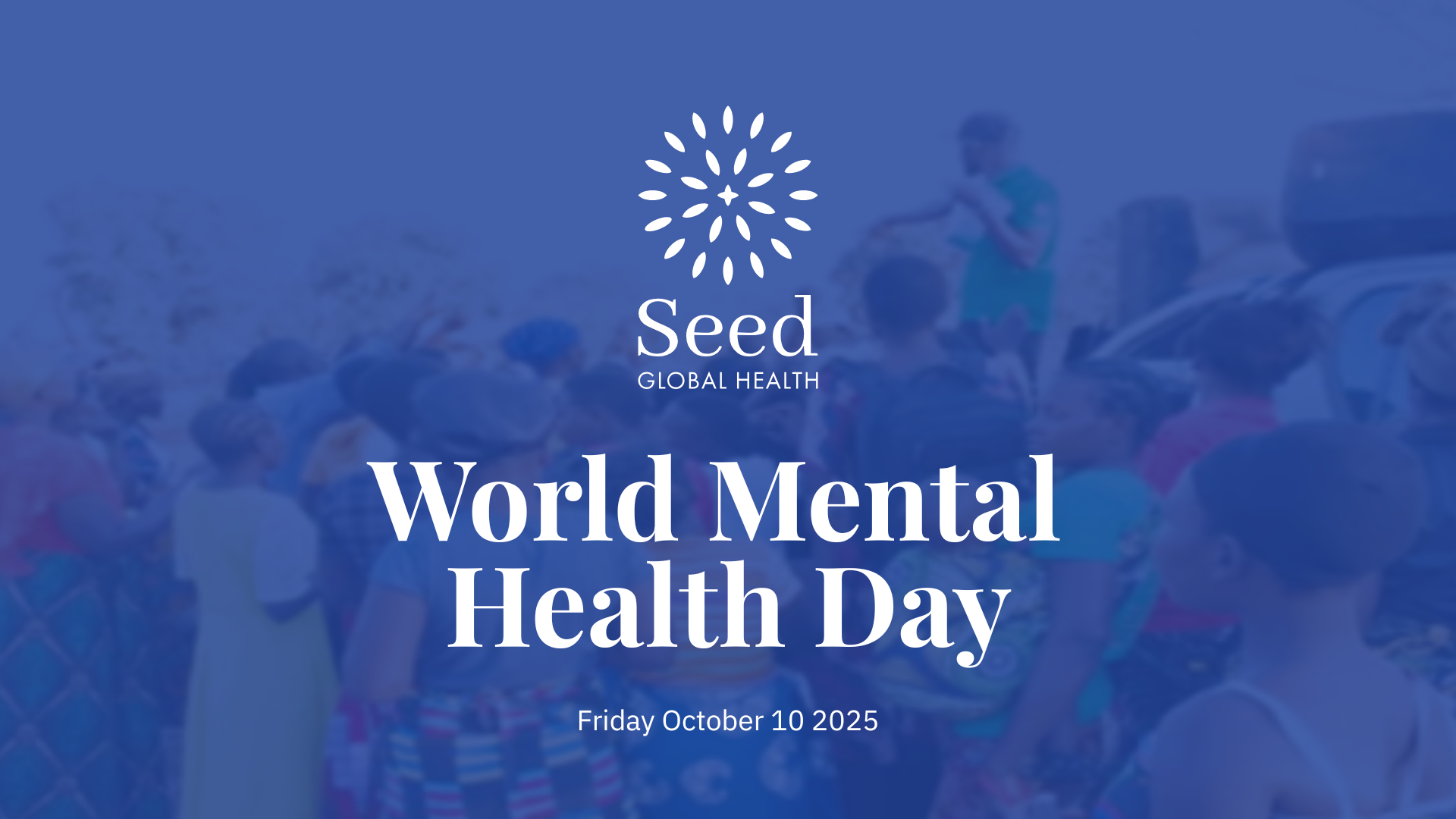South-South Collaboration: Transforming Pathology Training and Practice in Uganda
Uganda has less than 30 pathologists, which is very low compared to the size of the population they serve. Like other countries in the East Africa region, this paucity in pathologists is largely due to the numerous challenges that they face. These include inadequate numbers of experts to train rising generations of health professionals, low financing for training, and laboratories that are underfunded and ill-equipped. To help address this shortage and the barriers to entry, Mbarara University of Science and Technology (MUST) and Makerere University established a program to enhance the training of pathology students in both institutions.
Last year, Dr. Yeko Mitala and Dr. Sharrif Musoke, pathology residents at MUST, took part in the four-month training program. Supported by Seed, the two travelled from Mbarara to Kampala every weekend to attend lectures in forensic pathology, a course unit that is not available at MUST.
Thanks to the program, Yeko and Sharrif, have been able to get the specialized training that they need. We spoke to them about their experience, the benefits of the program, and the importance of such south to south collaborations to enhancing health professional education and practice in the region.
Could you tell us a bit about your experience in this program?
Sharrif: Uganda has less than 30 functioning pathologists so there is very little room for specialization. You need to know a vast number of things including anatomic pathology, forensic pathology, and chemical pathology. We need to do all these course units, but some of the experts are not here so we go to Kampala to learn from them. Additionally, while there, we get the opportunity to get hands on practice at Mulago, the national referral mortuary. We both know that you need to transfer what you learn from books to actual skills and that requires practice.
What are some of the benefits of participating in this program?
Sharrif: It enhanced our skills by giving us multiple opportunities to practice and interact with experts who know the ins and outs of the field. Working with them has given us a much better understanding of the pathology world. These experts guide their students through the various fields of pathology and toward specialization if needed. The program has also given us a chance to learn how to adapt to different environments and collaborate with people from diverse backgrounds. In addition, we got to bolster working relationships with Makerere University pathology students. It has also prepared us to assist in case of disasters such as drowning incidents or road traffic accidents. We work under pathologists who have vast experience dealing with such incidents. We have not yet become expert pathologists, but we are still serving the community in our own capacity while learning what to do in such situations.

Dr. Yeko Mitala
Yeko: The training in Uganda is not like in other countries where you have an opportunity to choose an area such as anatomic pathology and focus on it. Here, you have to be all rounded. You are the same pathologist who is going to read the slides, manage cases, and work on the contagious cases that come through. If we had not gone to Kampala, we would not have had a chance to see some of the high-profile forensic cases. Having this exposure has equipped us to better handle similar cases once we start practicing in the field.
How has participating in this program impacted you as people who are going to be pathologists?
Sharrif: There are some things that you cannot learn from books such as how to deal with the emotions of people who have been bereaved and are looking for answers. These are situations that you learn how to address as you practice alongside pathologists who have years of experience in the field. Once you have seen something before, it is easier to deal with.
Yeko: There are certain things you only learn when you interact with people who are experienced in the field. We know, for example, that pathology is a legally binding profession. Everything that you say and write might have legal implications on you or someone else. What you put in your report, will have an impact on the community. The way you put this communication forward can only be learned from the experts who have gone through these experiences a number of times.
What are the benefits of having such collaborations between academic institutions? How do you think this will impact health professional training and practice in Uganda?

Dr. Sharrif Musoke
Sharrif: We get to interact with our colleagues, understand our challenges, and come together to find common solutions. We also learn how to fill each other’s gaps. If a technique is not available at Mbarara, for example, I can transfer my research to Makerere and vice versa. Also, it’s always good when there is mixing of brains and ideas. This is only possible if you get a chance to meet regularly and interact. Seed has made that possible for us this year. The communities that we live in are different. By training in another environment, we get to appreciate the different community needs. It also helps us to adapt to such needs so that we can serve the population better wherever we end up practicing.
Yeko: It’s all about sharing knowledge. You identify the challenges that you are facing and work with peer institutions to address them. Makerere has been around for a long time. Mbarara has only been around for 25 years and our department for 10 years. By collaborating with each other, we are able to fill the gaps in our education and share learnings about issues in pathology training and practice.

